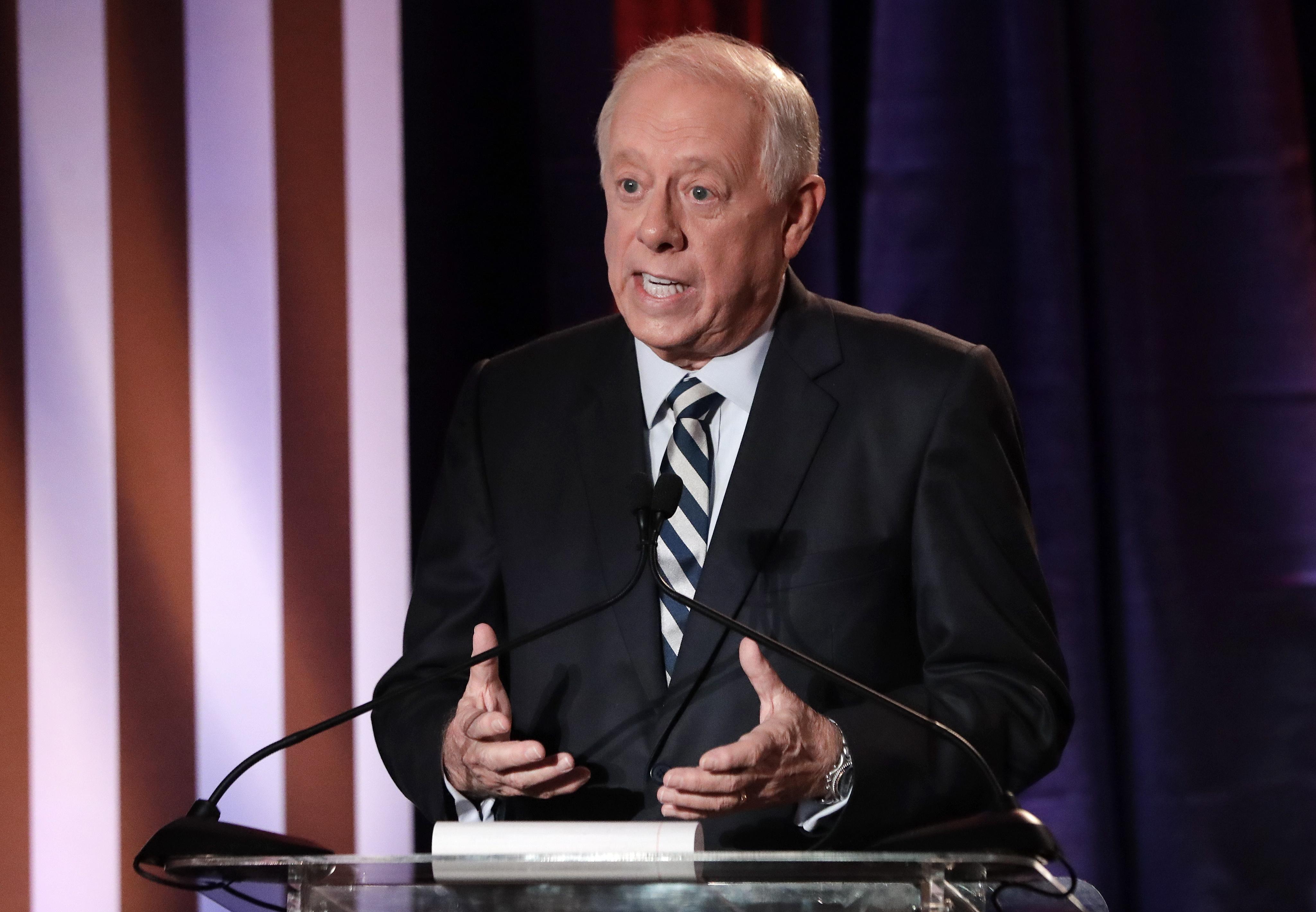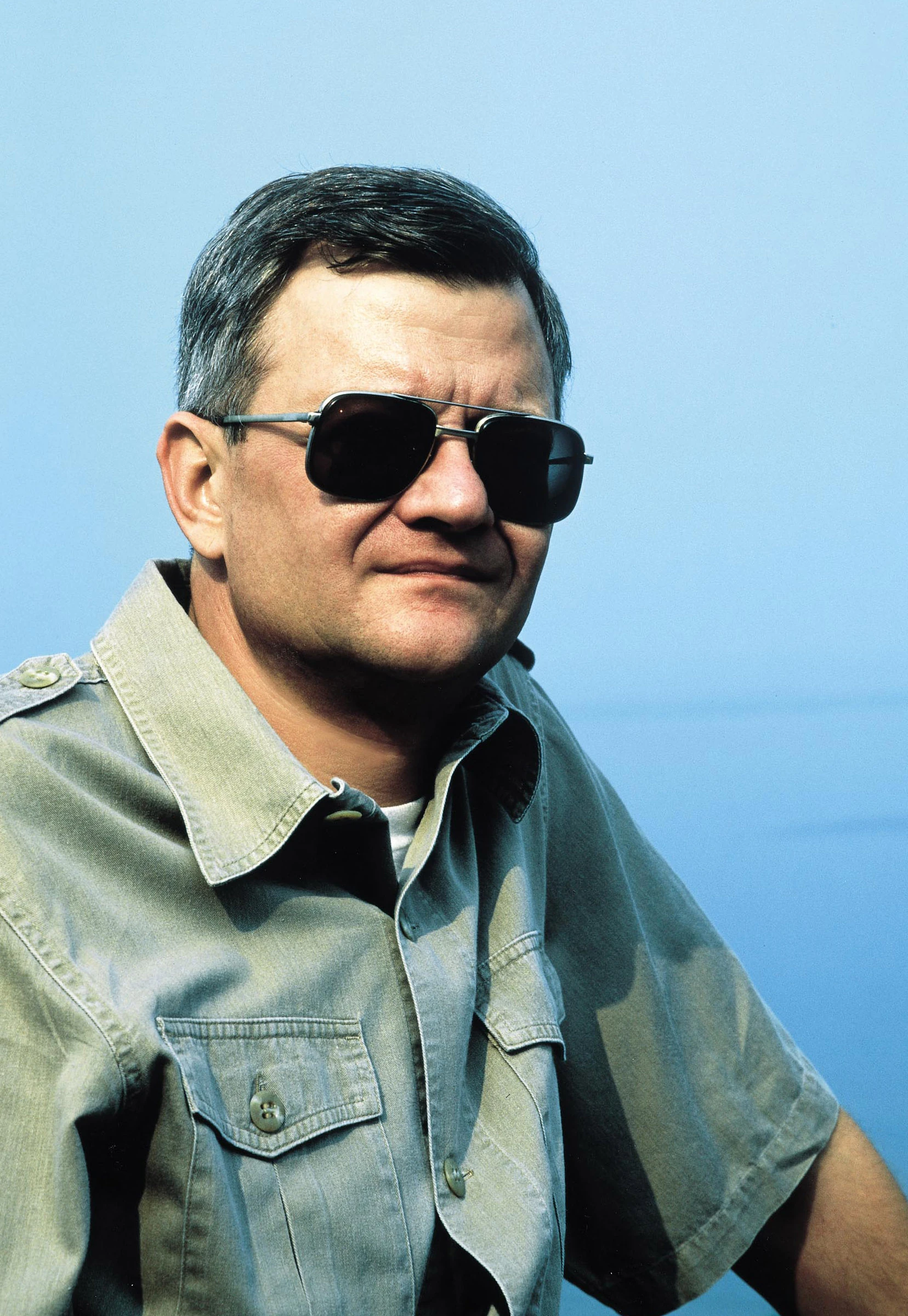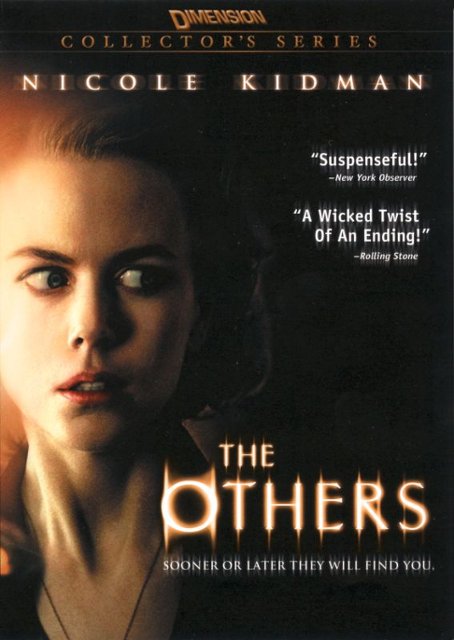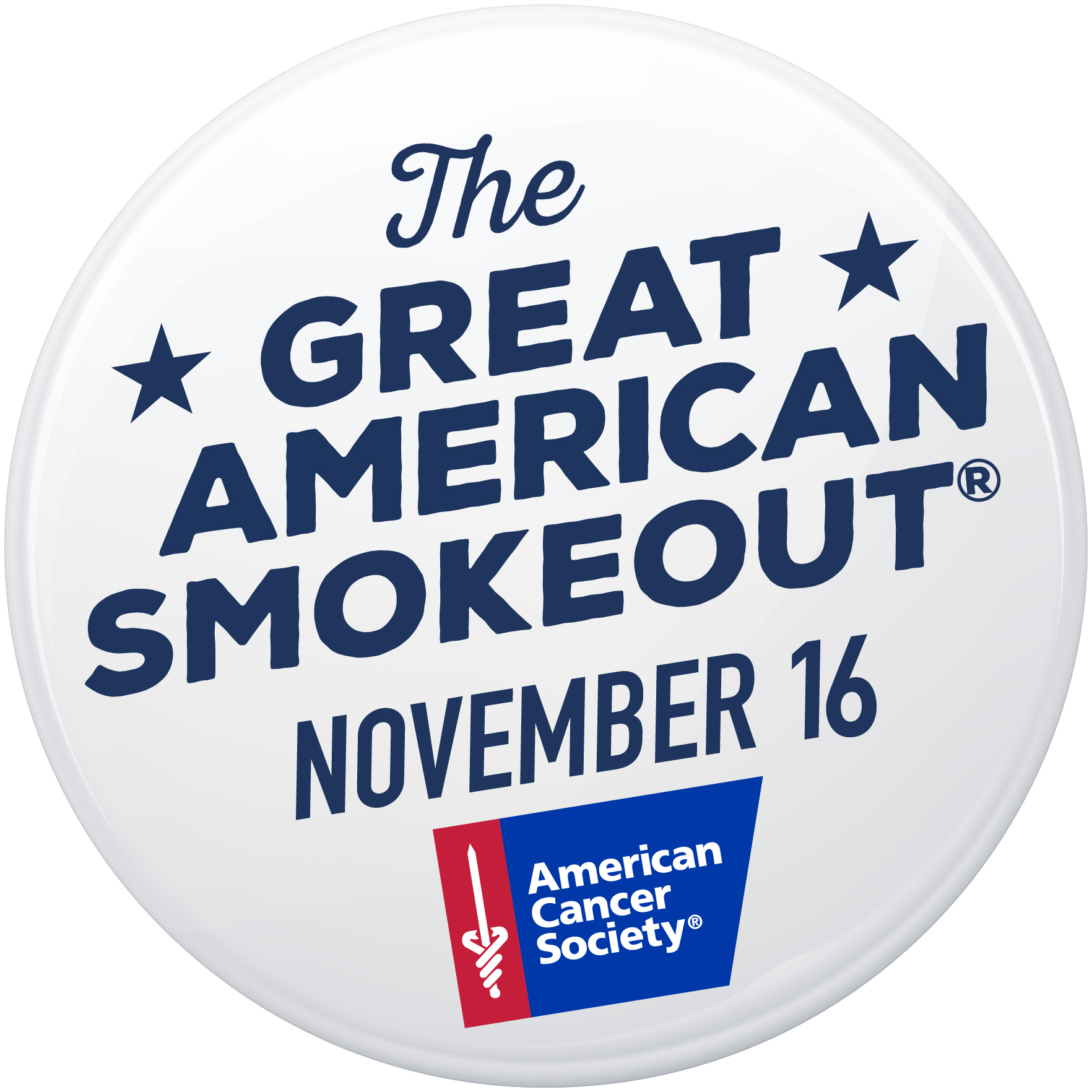Once again, the media and the Democratic Party recently proved the counter-intuitive adage, “With enemies like this, who needs friends.” Consider the following.
Tennessee Senate Race
 On October 5, Democratic candidate for the U.S. Senate in Tennessee Phil Bredesen announced, that if he were the incumbent, he would vote to confirm then Supreme Court nominee Brett Kavanaugh. Did Bredesen actually believe he could attract moderate Republican votes by taking what could only be described as a perverse #metoo (as in I’m also willing to sell my soul) stand on this issue. His only hope of winning was by mobilizing the potential energy of women voters, especially suburban independents, who feel Trump and his local mouthpiece Republican candidate Marsha Blackburn do not represent their interests.
On October 5, Democratic candidate for the U.S. Senate in Tennessee Phil Bredesen announced, that if he were the incumbent, he would vote to confirm then Supreme Court nominee Brett Kavanaugh. Did Bredesen actually believe he could attract moderate Republican votes by taking what could only be described as a perverse #metoo (as in I’m also willing to sell my soul) stand on this issue. His only hope of winning was by mobilizing the potential energy of women voters, especially suburban independents, who feel Trump and his local mouthpiece Republican candidate Marsha Blackburn do not represent their interests.
Did Bredesen not pay attention to the last attempt by Democrats to placate Republicans in hopes of building bipartisan support? Did he fail to see what happened when Nancy Pelosi and Chuck Schumer accepted Republican amendments to the Affordable Care Act (ACA) in hopes of garnering a few votes from across the aisle? How did that turn out? The Democratic Party ended up having to defend a Rube Goldberg health care program created by the Heritage Foundation and then Republicans used ACA as a central issue against the Democrats in the 2010 mid-term elections.
When are Democrats going to wake up to a very convenient truth? On social issues, the overwhelming majority of Americans are progressive. They love Social Security and Medicare. They think women have a right to control their own bodies. They support a living wage. They know climate change is real. They do not equate money with freedom of expression. No one wants a college education to mire graduates in years of debt. Users do not want the internet to be controlled by a few service providers. The Democratic party agrees shares those views. So why won’t Democratic candidates own policies which the majority of Americans support, even in many so called red states?
It’s not like Bredesen didn’t have other things to tout. For example, every time Democrats bring back the economy from the brink of disaster or begin to chip away at the deficit, Republicans use it as an excuse to finance massive tax cuts for their major donors. Or does it really make sense to disrupt global agriculture markets with a trade war and then ask taxpayers to bail out the victims? Hell, his home state of Tennessee is being hurt by European Union tariffs on Tennessee whiskey. Even when it comes to Kavanaugh’s confirmation, most Americans felt a more rigorous investigation of the assault accusations were in order. All Bredesen had to say was, “When I’m in the Senate, regardless of the president’s political affiliation, I promise candidates for the Supreme Court will be fully vetted with public access to the information which now only members of the Senate are allowed to see. I’d like to tell you how I’d vote on the Kavanaugh nomination, but like you, I’m kept from seeing the very information on which I would base my decision.”
Instead, Bredesen’s logic says, I’d rather play to people who will NEVER vote for me. And now he’s probably lost the support of those who were looking for an alternative to Trump and his Republican lemmings. According to Politico, “Campaign volunteers have been calling to cancel door-knocking and phone-banking shifts for Bredesen since his statement backing Kavanaugh, according to an internal spreadsheet maintained by the campaign.” If the Democrats fall one short of retaking the Senate, there is NO question who is responsible.
Jamal Khashoggi
Not once this week has a single media outlet asked the question, “What is it about Turkey which makes it the go to place for dealing with political dissidents? Not unexpectedly, the attention has been focused on the disappearance and likely murder of U.S. resident and Washington Post writer Jamal Khashoggi. But how short of a memory could the press have to discount the fact this is the second incident in the last two years in which a U.S. resident was the target of abduction by a foreign government? Did they forget former Trump national security advisor and confessed felon Michael Flynn was under investigation for aiding the Turkish government in kidnapping cleric Fethullah Gülen who the Erdogan government accused of plotting a coup in July 2016?
 Nor has any newspaper, even the one that carried Khashoggi’s column, asked, “Why now? Was Khashoggi working on a story which was of particular interest to the Saudi royal family?” I have tried my best to avoid conspiracy theories, so I’ll use the pseudonym Tom Clancy. Imagine, if prior to his death in 2014, Clancy wrote a Jack Ryan novel titled Prince of Ties. It might have gone something like this.
Nor has any newspaper, even the one that carried Khashoggi’s column, asked, “Why now? Was Khashoggi working on a story which was of particular interest to the Saudi royal family?” I have tried my best to avoid conspiracy theories, so I’ll use the pseudonym Tom Clancy. Imagine, if prior to his death in 2014, Clancy wrote a Jack Ryan novel titled Prince of Ties. It might have gone something like this.
In hopes of garnering support from the United States government, the Saudi royal family becomes a major financier of an American real estate developer who has fallen on hard times. Their beneficiary, who has threatened on multiple occasions to run for president of the United States, finally throws his hat in the ring. And to the surprise of many, including himself, wins with the help of foreign funding and possible intervention in the electoral process.
As a result, the president makes Saudi Arabia and especially a charismatic heir to the throne the centerpiece of Middle East policy. This results in arms sales to ensure the survival of the current Saudi regime and support of Saudi military actions in Qatar and Yemen which appear contrary to America’s global interests.
A Saudi dissident, living in the U.S. and writing for the Washington Post, has begun to document the financial ties between the president, the chief executive’s family business and Saudi Arabia. To prevent the story from making headlines, the Saudi government devises a plan to capture and interrogate the journalist. European intelligence agencies discover the plot and share the information with the CIA which chooses not to include it in the president’s daily intelligence briefing. Jack Ryan, now serving as CIA deputy director, questions his boss’ decision to withhold the information and is stonewalled as he tries to make sense of the situation.
I am not suggesting the Trump administration has colluded with Crown Prince Mohammed bin Salman to silence Khashoggi. But the mere possibility has the makings of one great spy novel. What I will suggest is the lack of transparency about Trump financial entanglements makes everything suspect whether it should be or not. American voters should not have to guess whether there is a personal quid pro quo behind oval office decisions on U.S. foreign policy.
Hey, Phil Bredesen! Maybe you should have thought about running on that instead of blind support for Brett Kavanaugh.
For what it’s worth.
Dr. ESP
 The Others, a 2001 film starring Nicole Kidman, takes place at the end of World War II in a remote house in the Channel Islands. The matriarch of the family Grace(Kidman) and her two children eagerly await the return of her husband Victor and their father from the battlefront. Meanwhile, they experience a number of odd events which Grace attributes to “the others,” spirits she believes also occupy the property.
The Others, a 2001 film starring Nicole Kidman, takes place at the end of World War II in a remote house in the Channel Islands. The matriarch of the family Grace(Kidman) and her two children eagerly await the return of her husband Victor and their father from the battlefront. Meanwhile, they experience a number of odd events which Grace attributes to “the others,” spirits she believes also occupy the property. On October 5, Democratic candidate for the U.S. Senate in Tennessee Phil Bredesen announced, that if he were the incumbent, he would vote to confirm then Supreme Court nominee Brett Kavanaugh. Did Bredesen actually believe he could attract moderate Republican votes by taking what could only be described as a perverse #metoo (as in I’m also willing to sell my soul) stand on this issue. His only hope of winning was by mobilizing the potential energy of women voters, especially suburban independents, who feel Trump and his local mouthpiece Republican candidate Marsha Blackburn do not represent their interests.
On October 5, Democratic candidate for the U.S. Senate in Tennessee Phil Bredesen announced, that if he were the incumbent, he would vote to confirm then Supreme Court nominee Brett Kavanaugh. Did Bredesen actually believe he could attract moderate Republican votes by taking what could only be described as a perverse #metoo (as in I’m also willing to sell my soul) stand on this issue. His only hope of winning was by mobilizing the potential energy of women voters, especially suburban independents, who feel Trump and his local mouthpiece Republican candidate Marsha Blackburn do not represent their interests. Nor has any newspaper, even the one that carried Khashoggi’s column, asked, “Why now? Was Khashoggi working on a story which was of particular interest to the Saudi royal family?” I have tried my best to avoid conspiracy theories, so I’ll use the pseudonym Tom Clancy. Imagine, if prior to his death in 2014, Clancy wrote a Jack Ryan novel titled Prince of Ties. It might have gone something like this.
Nor has any newspaper, even the one that carried Khashoggi’s column, asked, “Why now? Was Khashoggi working on a story which was of particular interest to the Saudi royal family?” I have tried my best to avoid conspiracy theories, so I’ll use the pseudonym Tom Clancy. Imagine, if prior to his death in 2014, Clancy wrote a Jack Ryan novel titled Prince of Ties. It might have gone something like this. Which brings me back to Carl Jung and synchronicity. How do organizations which fight other addictions make the habitué and public aware of the impact of dependency? Perhaps the best example is “The Great American Smoke-Out.” Since 1974, when editor of the Monticello Times (MN) Lynn R. Smith first proposed the idea (then called Don’t Smoke Day), the third Thursday in November each year is designated as a challenge for smokers to eschew their habit for at least 24 hours. At the same time, media is flooded with helpful hints and tools smokers should consider to aid in permanently ending their desire or need for nicotine.
Which brings me back to Carl Jung and synchronicity. How do organizations which fight other addictions make the habitué and public aware of the impact of dependency? Perhaps the best example is “The Great American Smoke-Out.” Since 1974, when editor of the Monticello Times (MN) Lynn R. Smith first proposed the idea (then called Don’t Smoke Day), the third Thursday in November each year is designated as a challenge for smokers to eschew their habit for at least 24 hours. At the same time, media is flooded with helpful hints and tools smokers should consider to aid in permanently ending their desire or need for nicotine. I’ve seen it before
I’ve seen it before